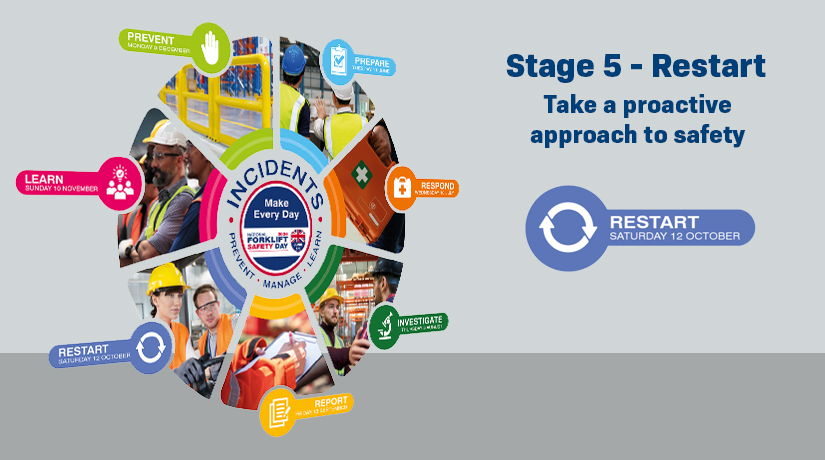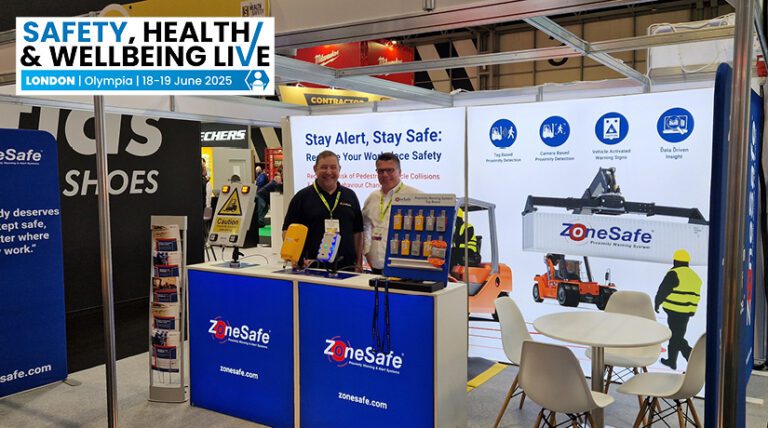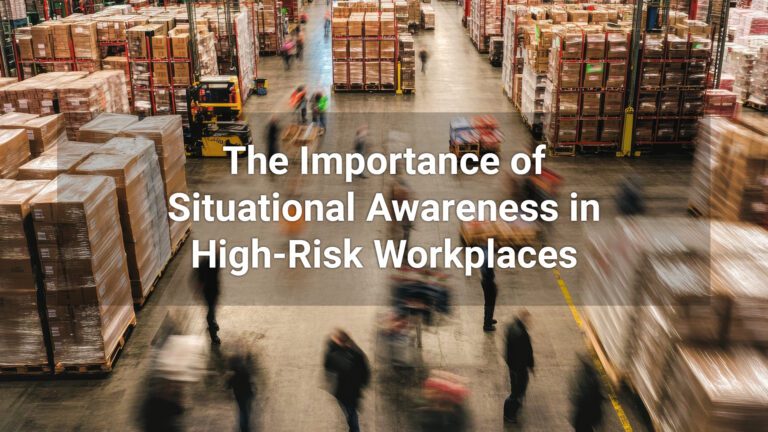La journée nationale de la sécurité des chariots élévateurs à fourche (NFSD) campaign launched earlier this year under the slogan ‘Prevent – Manage – Learn’. This year’s initiative explores the actions to take before, during and after a forklift incident.
October focuses on stage 5 of the programme: RESTART
This stage of the incident cycle looks into the actions needed to safely restart activities following an accident. The use and maintenance of manual handling equipment (MHE) is covered under Provision and Use of Work Equipment Regulations 1998 (PUWER). Regulation 6 stipulates that in exceptional circumstances which are likely to jeopardise the safety of work equipment, employers must conduct detailed equipment inspections. This is to ensure equipment is kept in safe operating condition and any faults are quickly identified and repaired.
Examen approfondi
Thorough Examination is a mandatory check to ensure that all of the mechanical parts of a forklift are in safe working order. Thorough examination must be conducted by a competent person under Lifting Operations and Lifting Equipment Regulations 1998 (LOLER) and HSE. The UKMHA recommends appointing a CFTS-certified competent person, who will have at least five years of experience and independent training.
Records of inspection
LOLER and PUWER require that the results of Thorough Examinations and Safety Inspections are recorded. No equipment should leave unless accompanied by evidence of recent inspections and defects that pose a risk to safety must be reported to the relevant authority.
After an incident
Following a forklift incident and accident you should:
- Make the area and equipment safe
- Provide medical and emotional support where required
- Talk to lawyers and insurers
- Sécuriser les preuves
- Identify the cause and consider why the incident happened
- Review the damage
- Check the condition of equipment
- Consider reporting obligations i.e. under LOLER
- Appoint a single point of contact
Before operations can restart you should:
- Ensure equipment is in safe working condition and fit for purpose
- Review previous incidents and near misses to identify common themes and factors
- Revisit risk assessment and operation procedures, and training materials
- Instigate change – failure to do so can be taken as an acknowledgement of guilt. Consider whether additional training or refresher training is required
- Communicate – Look after your people – keep them updated and let them know what is expected of them. Listen to people – practice a blame free culture
- Manage – Restarting operations and people returning to work may require additional support and supervision.
Refresher Training
A key theme of this year’s National Forklift Safety Day campaign is the importance of operator training. Training is crucial to a safe workplace and cannot be underestimated. It is imperative that your people are armed with the appropriate skills and understanding to operate effectively and safely in a safe and compliant workplace.
Statutory requirements
The HSE require that even experienced lift truck operators must be monitored and retested or retrained if and when required. This is to ensure that they:
- Maintain good driving habits
- Learn new skills where appropriate
- Reassess their abilities
Under The Management of Health and Safety at Work Regulations 1999, refresher training must be repeated periodically and adapted as required.
Employers are also required to maintain training records – Records should include details of basic training, specific job training, familiarisation training and note the authorised vehicle use for each person and equipment type, along with certificates and test results.
RESTART avec ZoneSafe
Any safety incident, near miss or serious accident provides employers with an opportunity to reflect on the reasons why the event occurred and what can be done to ensure similar events do not reoccur in the future This is the ideal time to consider new ways in which to make the workplace safer and address known and newly identify hazards.
ZoneSafe transforms high risk workplaces, meeting hazards head on, bringing a preventative and proactive approach to workplace safety. By alerting workers to the presence of risk avant and accident happens, people and businesses are protected from the devastating impact of serious safety failings.
Contact ZoneSafe to discuss your forklift safety concerns – https://zonesafe.com/contact-us/
Further reading – Journée nationale de la sécurité des chariots élévateurs
Contacter ZoneSafe to discuss your forklift safety concerns –




